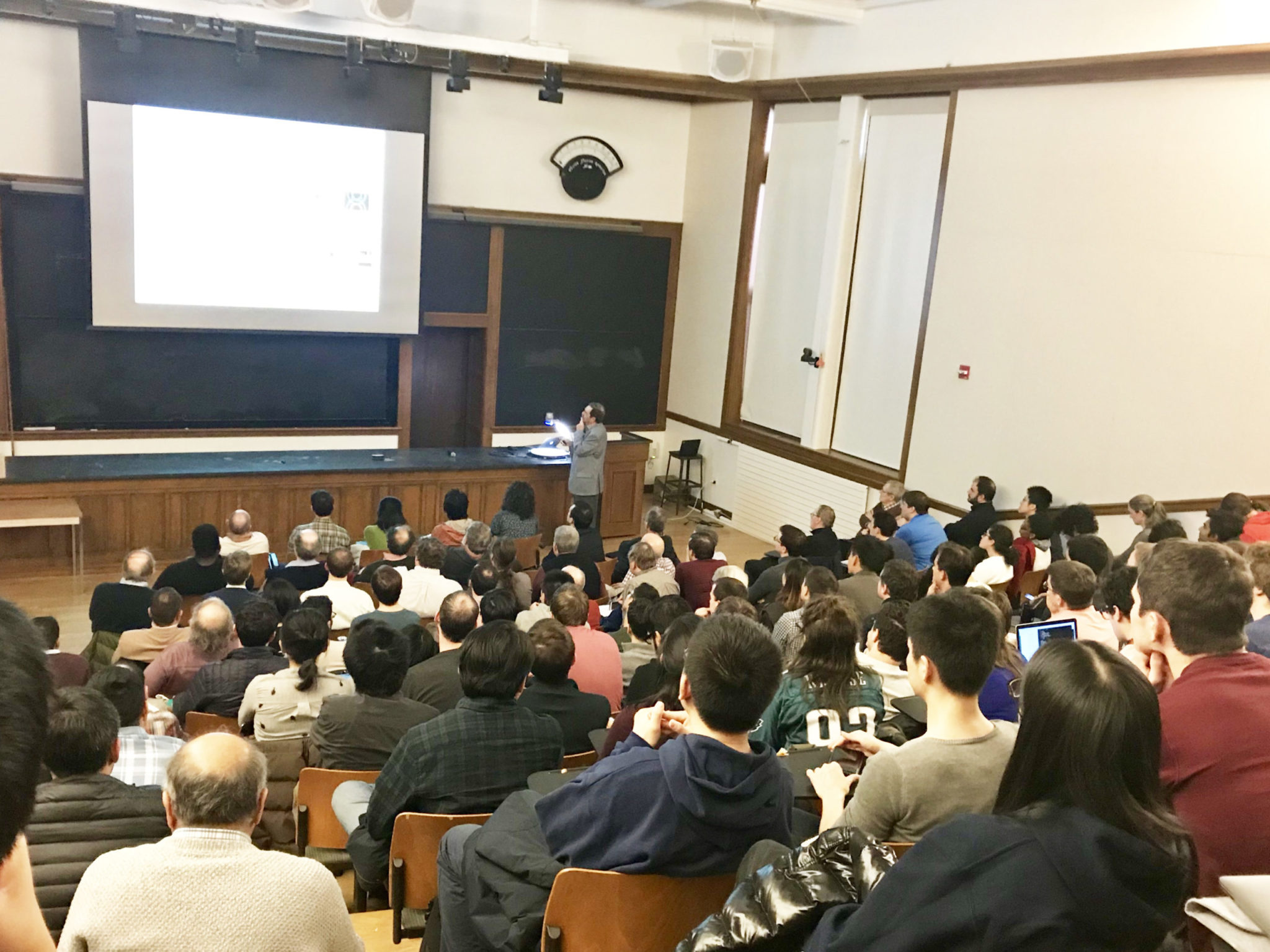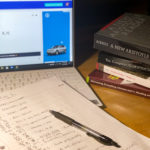Students return to in-person exams after more than a year of virtual learning
Across campus, students begin preparation for their exams — which will be in person for the first time since spring 2020.

Courtesy of Amy Xiong
After a year of Zoom classes and virtual exams, classes at Yale have returned to offering in-person examinations this fall.
With the start of October, students around campus are gearing up for their fall midterms — for many, these are their first in-person exams in more than a year. For the entirety of the 2020-21 school year, students took tests in Zoom rooms instead of classrooms. Some professors had to modify exam formats to accommodate online testing, and others got rid of exams altogether, switching to alternatives like final projects. But in the coming weeks, students will return to traditional in-person testing.
“Last year, MATH 120 didn’t even have a final, and we had a final project instead last fall,” senior mathematics lecturer John Hall told the News. “Even before this semester, we didn’t know what the policies would be. But now, the university policy allows for in-person exams.”
For most professors, exams this fall will look similar to the in-person experience that students had been accustomed to before the pandemic — paper and pencil, large lecture halls and proctors strolling the aisles. There will be a mask requirement at all exams, as Yale’s mask mandate applies to all indoor spaces on campus, but few other adjustments related to COVID-19 will be necessary, Hall said.
After a year of online testing, the return to in-person examinations is a relief for some students. Erti Tushe ’22 explained that he prefers the in-person environment over the online counterpart.
“I enjoy the atmosphere more. I think I’m able to focus a little more when there are people around me taking the test as well,” Tushe said. “After [years] of taking standardized tests in classrooms, I feel like I’ve taught myself how to focus in that type of situation.”
In-person exams might also minimize instances of academic dishonesty. Throughout the 2020-21 school year, a number of courses ran into difficulty with properly proctoring students and preventing academic dishonesty.
An April 2021 poll taken by the News — with 336 undergraduate respondents — revealed that 50 percent of students who committed acts of academic dishonesty did so for the first time during virtual learning semesters. Moreover, the poll also found that approximately twice as many students reported committing acts of academic dishonesty than the number from a similar poll done a year prior.
“Exams overall were a negative last year because we couldn’t really enforce the proctoring,” Hall said. “[We] had a sense that there was more academic dishonesty, but at the same time, there wasn’t much we could do about it.”
The return to in-person exams also means that students must, in some cases, prepare for a completely different type of exam.
Tushe, for example, told the News that with the switch to in-person exams, he feels like he may be tested on less material than he was during virtual examinations.
“[Last year], we had a lot of take-home, open-note exams,” Tushe explained. “These covered a lot more material because there was no time limit. With a two-hour exam, there’s only so many concepts you can cover.”
Academic Strategies Program Director Karin Gosselink said that she encourages students to think big picture and look for main concepts as a guide for studying for in-person exams.
She explained that because exams are about synthesizing materials, students need to have a firm grasp of the main concepts in order to succeed.
“When starting to prepare, going back to the syllabus and looking for the themes and main concepts is key,” Gosselink said. “Students will be asked to take pieces of material and combine them [on exams], which means you need to know the concepts behind each problem.”
In addition to having a preparation strategy, Gosselink also urged students to keep in mind the differences between the online testing environment and the in-person testing environment. In-person testing environments inherently have more distractions, such as moving people and occasional noises, Gosselink said. She suggests that Yale students accept that these distractions will happen and train themselves to refocus when necessary.
Nevertheless, as the stress of exam season grows, Gosselink said that the Academic Strategies Program is encouraging all Yale students to keep exams in perspective while they study and prepare.
“Go into it and do your best, but it’s not something that’s going to make or break you,” Gosselink said. “One test does not make one’s entire career.”
The Academic Strategies Program is hosting a workshop called “Exam Study Strategies” on Thursday evening from 7-9 p.m.








